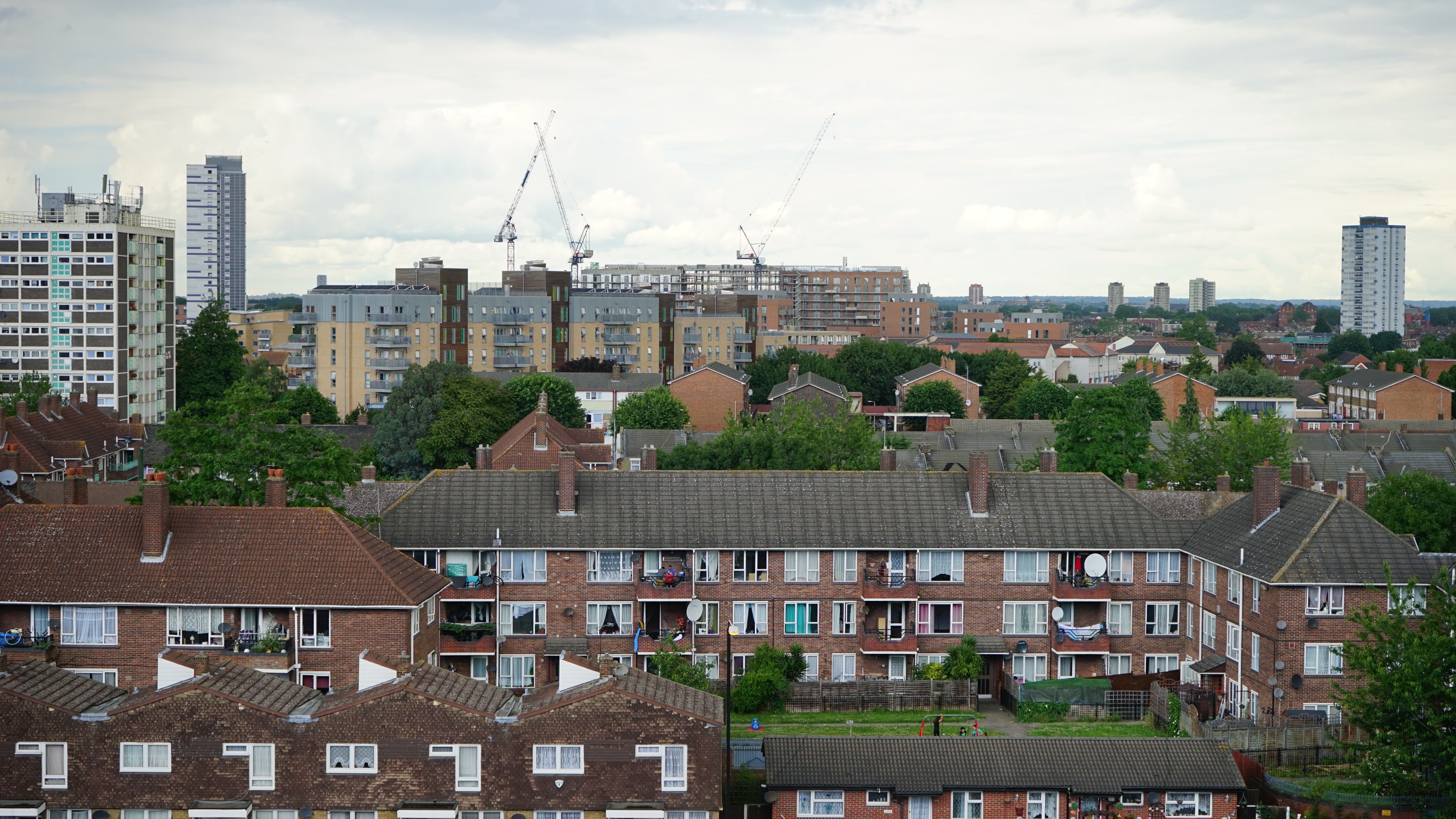
About the course
The study of housing is one of the ways in which we understand how personal space is also political. Housing functions as an asset, a commodity, a policy to bring together or take apart communities. It plays a key role in constructing subjects and societies. Struggles around it have influenced our social identities, impacted our financial systems, issues of citizenship and political power. This course aims to link the empirical analyses on housing to theoretical discussions on class, community, gender, ethnicity and design. We will analyse housing from a number of different perspectives including social issues such as informality, homelessness and gated communities. We will explore how notions of property and home ownership come to be formed and how they impact communities along race and ethnic lines. We will look at the politics of providing low income housing, and how that reveals ideas of citizenship and national politics. The course will also cover issues of housing design and the imagining and making of community using ‘traditions’. It will end with looking at the centrality of housing and the use of it as a humanitarian and political tool at a global scale especially when addressing crises such as natural disasters and political violence. The course explores housing themes across different countries to show how housing practices are translated and appropriated in different contexts. The main regions covered in this course include the United States, Europe, South America and Asia. The course is arranged thematically exploring historical, theoretical and practical issues around housing and its politics.
